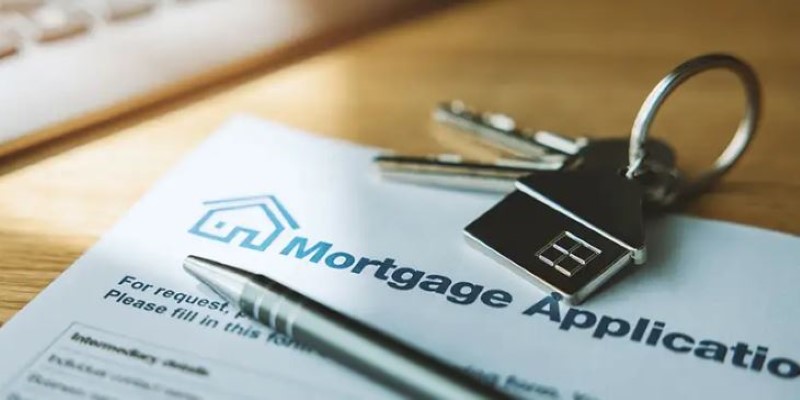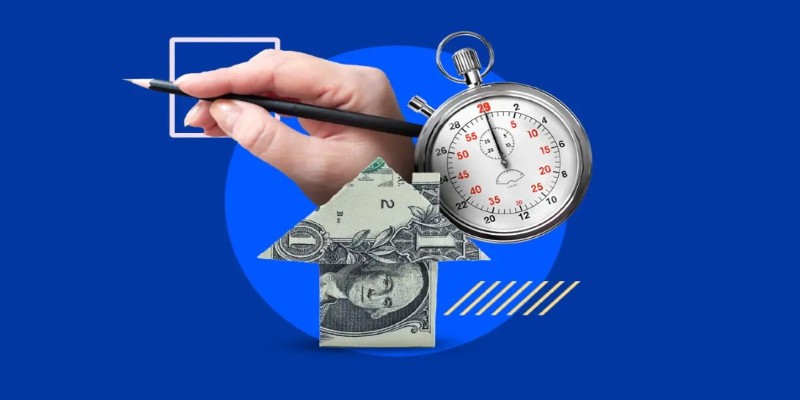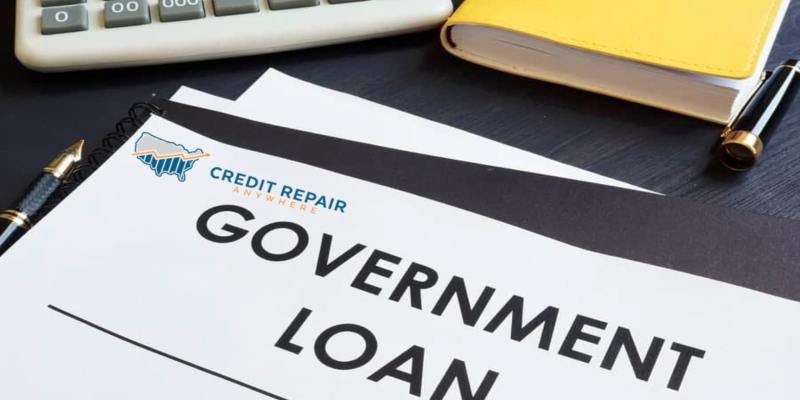Buying a home when you're self-employed can feel like walking into a process built for someone else. You don't have pay stubs or a neat salary history, and that often means more questions, more paperwork, and more patience. But being your boss shouldn't get in the way of getting a mortgage.
Lenders just need to understand how you are and that your income is steady enough to handle monthly payments. If you can show consistent earnings, manage your debt well, and keep your records in order, you're already ahead. With the right prep, homeownership is completely within reach.
What Lenders Look for When You’re Self-Employed?
Lenders evaluate self-employed borrowers with the same core factors as salaried applicants: income, credit score, debt-to-income ratio, and savings. But the way they assess your income is different. Instead of relying on W-2s or pay stubs, they dig into your tax returns—usually the last two years. They focus on your net income after deductions, which can be lower than expected if you write off many business expenses.
This approach often creates a gap between the amount you actually take home and what the lenders see on paper. If your income varies from one year to another, you'll probably have to account for those changes. You might be asked for a year-to-date profit and loss statement, business bank statements, or even an accountant letter attesting to your business activity and financial health.
You also need to prove your business is legitimate and active. Documents like a business license, client contracts, or invoices can help. The more consistent and transparent your records, the better your chances of approval.
How to Strengthen Your Mortgage Application?
A strong application starts with clean and accurate financial records. If you plan to buy a home in the next year or two, think carefully about deductions. Reducing your write-offs temporarily can help raise your qualifying income, even if it means paying more in taxes for a year or two.

Keeping your business and personal finances separate is also smart. Lenders appreciate when business transactions are organized and easy to track. A business checking account, clear records of income, and timely tax filings all help your case.
Your credit score still carries weight. Lenders want to see that you manage debt responsibly. Aim to pay bills on time, keep balances low, and avoid large credit purchases before applying. If your score needs work, take time to improve it before starting the mortgage process.
Savings also matter. If your income varies seasonally or by project, having several months’ worth of mortgage payments in the bank gives lenders confidence. It shows you can handle slow periods without missing payments.
Loan Types and Alternatives for the Self-Employed
Self-employed borrowers can still qualify for conventional, FHA, or VA loans. The difference is in how you document income. Standard loans rely heavily on tax returns, so if yours don’t reflect your full income, that can be a challenge.
In those cases, non-qualified mortgage loans—known as non-QM loans—may help. These loans allow alternative documentation, like bank statements or 1099 forms, instead of just tax returns. Some lenders calculate income based on your average monthly deposits, which can better reflect what you actually earn. These loans may come with higher interest rates or larger down payment requirements, but they provide more flexibility for nontraditional earners.
Lenders vary in how they handle self-employed applicants. Large banks may have stricter rules, while local lenders or credit unions might take a more personal approach. It pays to talk to a few different lenders and ask how they treat self-employment income.
The structure of your business also affects your application. Sole proprietors report income directly on their personal tax returns, which lenders review closely. If you operate as an LLC or S-corp, your income may come through a combination of salary and distributions. Make sure all sources of income are documented clearly and consistently.
If you’ve only recently gone out on your own, you may need to wait. Most lenders want at least two years of self-employment history, though some may accept one year if your prior job was in the same line of work. Timing your mortgage application around that two-year mark can make approval easier.
Tips to Prepare Before Applying
Preparation makes all the difference when applying for a mortgage as a self-employed borrower. Start by reviewing your last two years of tax returns. If your reported income is lower than what you actually earn, work with an accountant to plan for future filings.

Build up your savings, especially if your income varies. A strong reserve shows you can weather slow months without falling behind on payments. At the same time, pay down credit card balances and avoid new debts that could affect your credit or debt-to-income ratio.
Organize documents like 1099s, client contracts, and business licenses. These help confirm your income sources and the stability of your work. Keep business expenses and personal spending separate to avoid confusion during underwriting.
Working with a mortgage broker can help you find lenders who understand the self-employed process. Brokers often know which banks are more flexible and which loan programs fit nontraditional income types.
Being patient and prepared gives you an edge. With the right paperwork and a clear financial story, you can show lenders you’re just as qualified as any W-2 applicant.
Conclusion
Getting a mortgage if you’re self-employed takes more documentation and planning, but it’s far from out of reach. Lenders want to see income that’s steady, well-documented, and sufficient to cover the loan. By preparing your finances, organizing your records, and understanding how lenders evaluate your income, you can improve your chances of approval. Whether you’re a freelancer, business owner, or contractor, the path to homeownership is open—you just need to show you’re financially ready to take the step.












